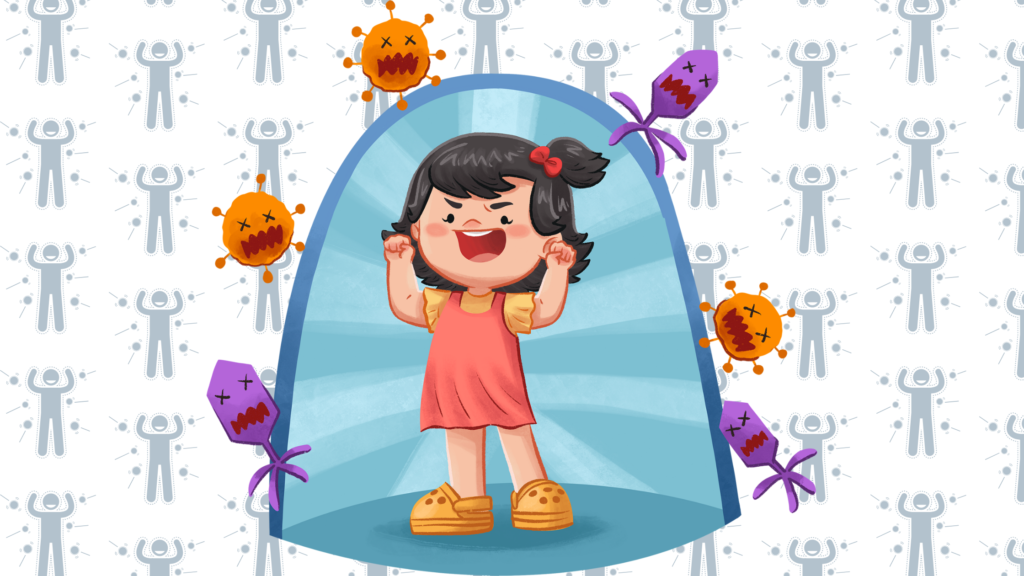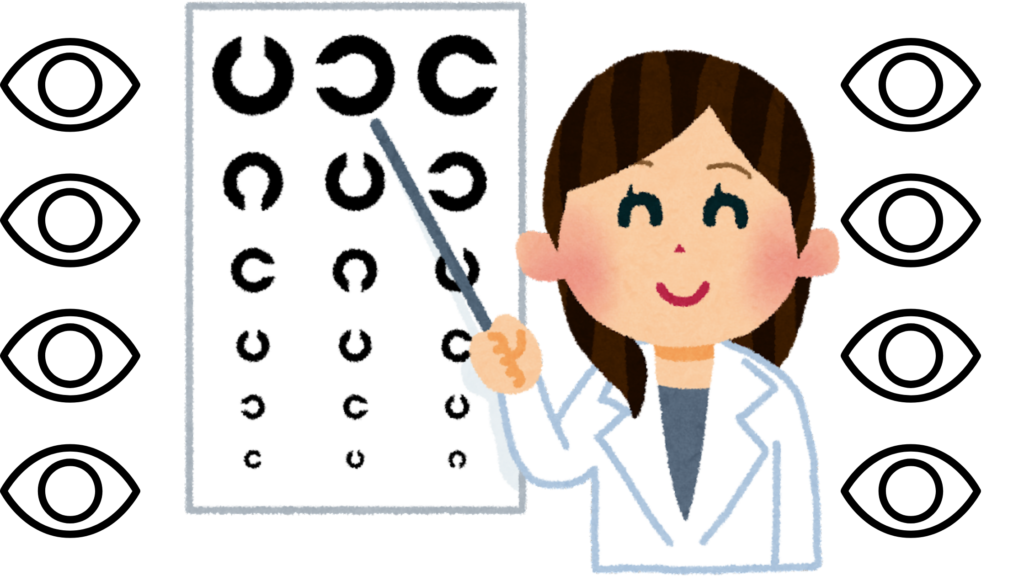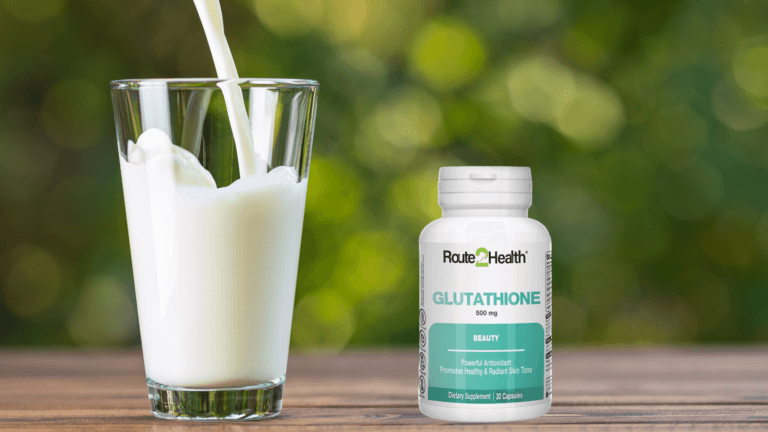
Berdi
urinary Track Health
Have you ever wondered if your child is getting enough nutrients from their diet? With so many processed foods and busy lifestyles, it’s natural to question whether vitamin supplements are necessary for growing kids. With so many multivitamins available and advertisements encouraging their use, it can be difficult to know if these supplements are necessary for your child.
In this article, we’ll explore the importance of vitamin for children’s health and find an answer to do kids need vitamin supplements.
Vitamins are essential nutrients that support various bodily functions, especially in children who are still growing and developing. These micronutrients ensure that children’s bodies function optimally, helping with everything from bone growth to brain development and immune support. While most children can get the vitamins they need from a balanced diet, some may struggle to meet their daily requirements due to factors like picky eating, dietary restrictions, or medical conditions.
Vitamins play an essential role in your child’s development. Below are five major benefits of vitamins that demonstrate how they contribute to children’s growth and health:
One of the most significant benefits of vitamins is their ability to support and strengthen the immune system. Vitamins C and D are particularly crucial for immune health. Vitamin C helps produce white blood cells, which are essential in fighting off infections. Meanwhile, vitamin D enhances the pathogen-fighting effects of white blood cells and plays a role in preventing chronic inflammation.
Children who don’t get enough of these vitamins may have a weaker immune system, making them more susceptible to colds, flu, and other infections. Regular intake of vitamin-rich foods or supplements ensures that your child’s immune defences remain robust.

Vitamins D and K play a pivotal role in bone health. Vitamin D helps the body absorb calcium, a critical mineral for bone growth. Without enough vitamin D, children are at risk of developing weak bones or conditions like rickets, which leads to softening of the bones. Vitamin K, on the other hand, helps the body use calcium effectively and supports bone mineralisation.
These vitamins are particularly important during the early years of childhood when bone growth is rapid. Ensuring your child receives enough of these vitamins helps promote healthy bone development.

Vitamins, particularly those in the B-complex family, are essential for brain health. For example, vitamin B12 and folic acid (vitamin B9) are important for the development and function of the nervous system . They help in the production of neurotransmitters, which are chemicals that allow brain cells to communicate with each other.
Omega-3 fatty acids, although not a vitamin, are also essential for brain health, especially in developing children. These nutrients support cognitive function and may help with learning and memory.

Vitamin A is well-known for its role in supporting vision. It is essential for maintaining the health of the retina, which is the light-sensitive part of the eye. A deficiency in vitamin A can lead to vision problems, including night blindness, where children struggle to see in low-light conditions.
Regular intake of vitamin A ensures that your child’s eyes develop properly and remain healthy throughout their growth.

Children who are deficient in vitamins, particularly those in the B-complex family, may experience fatigue and low energy levels. B vitamins like B6, B12, and folate are crucial for converting the food children eat into energy. Without enough of these vitamins, children may feel tired or lethargic, impacting their ability to stay active and engaged throughout the day.
Supplements containing these vitamins can help ensure that kids maintain the energy levels they need to thrive in their daily activities.

While a well-balanced diet should ideally provide children with the necessary vitamins, there are situations where vitamin supplements can be beneficial. For example, picky eaters, children with food allergies or intolerances, or those on restricted diets (such as vegan diets) may not get all the essential vitamins from food alone. In these cases, a multivitamin supplement can help bridge the gap and ensure they are getting the nutrients they need.
According to Journal of Nutritional Science, supplements can help prevent vitamin deficiencies in children who may be at risk . They offer an easy and reliable way to ensure children meet their daily vitamin requirements without having to overhaul their diet, but do kids need vitamin supplements daily?
It’s important to note that vitamin supplements are not a substitute for a healthy diet. Whole foods provide a wide range of nutrients, including fibre and phytonutrients, that supplements cannot replicate. Therefore, supplements should be viewed as a complement to, not a replacement for, a nutritious diet.
According to the National Health Services England, vitamins A, C, and D are particularly important for children, and children aged six months to five years are advised to take a supplement containing these vitamins daily. This recommendation highlights how, even with a healthy diet, some kids may still need a little extra help through supplementation.
So, do kids need vitamin supplements daily? Yes, there are certain circumstances where giving your child a multivitamin supplement becomes important:
Multivitamin supplements like Kid’s One Daily from Route2Health are designed to provide the essential vitamins and minerals that children might miss out on. This product is an excellent option for parents looking to ensure their child is getting the vitamins they need for healthy growth and development.

Kids One Daily is a comprehensive multivitamin supplement designed specifically for children. It provides a balanced blend of essential vitamins and minerals to support overall health and well-being. Key benefits of Kids One Daily include:
So, do kids need vitamin supplements? For many children, a balanced diet will provide the necessary vitamins and nutrients for growth and development. However, there are instances where supplements can be beneficial, especially for children with dietary gaps or specific health needs. Vitamins are crucial for immunity, bone health, brain function, and energy levels, and supplements can help fill any gaps to ensure your child thrives. If you’re concerned about your child’s vitamin intake, consider a supplement like Kid’s One Daily by Route2Health. It’s a reliable way to make sure your child gets the vitamins they need for optimal health.
Children usually get the necessary vitamins from a balanced diet, but some may need supplements due to dietary gaps or medical conditions.
Key vitamins for children include A, C, D, and B vitamins, which support immunity, bone health, and brain development.
Multivitamins are typically recommended for children aged six months to five years, especially if they have restricted diets or limited sun exposure.
Yes, excessive intake of certain vitamins, like A and D, can be harmful. Always follow recommended dosage guidelines.
It’s best for kids to take vitamin supplements with meals to aid absorption and reduce the risk of stomach upset.











©2023 Route2Health®️
NTN: 2229383
AN ASSOCIATED COMPANY OF HIGHNOON LABORATORIES
STRN: 0301999937728

WhatsApp us
